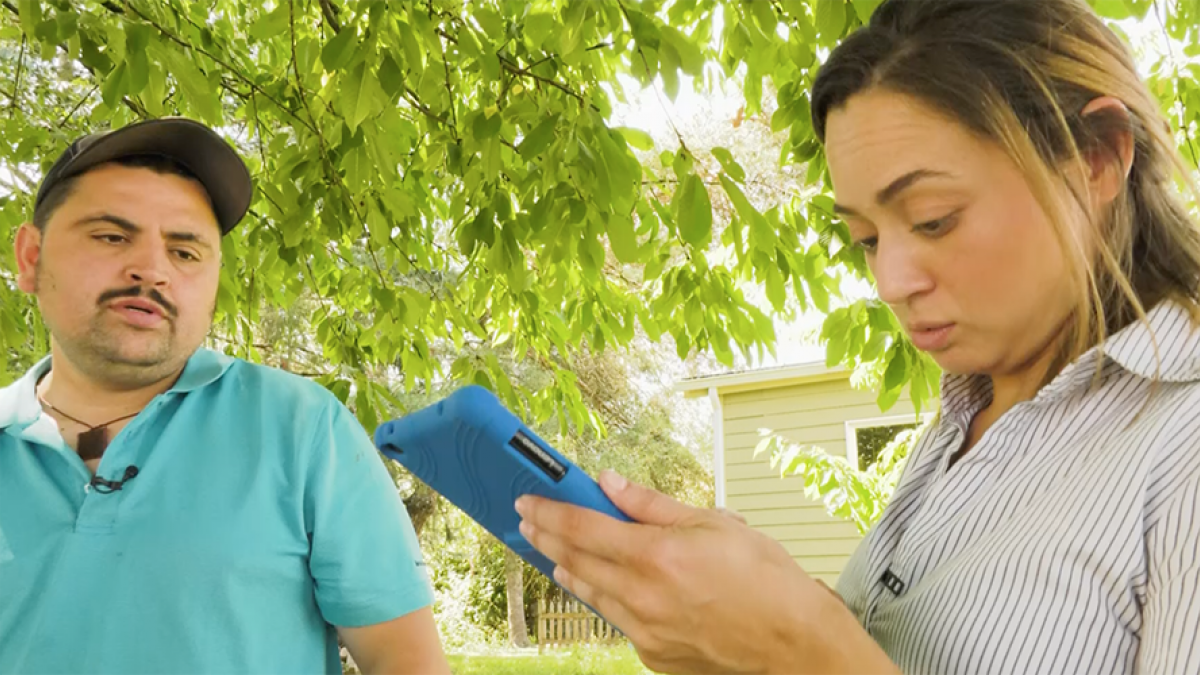There is a hidden cost to the fresh fruits and vegetables you buy at your local market.
The estimated 2.5 million US farmworkers who harvest that produce are among America’s most vulnerable workers. They face environmental hazards on the job and in their housing and limited access to health care. Too often, they live on the margins of society without a voice to shape decision-making and policies that could improve their lives.
Watch our video
Our new video, “Nothing About Us Without Us,” explores a unique partnership between Washington farmworkers and University of Washington researchers that puts farmworkers at the center of the conversation about how to improve their health and well-being.
A partnership for health equity
The UW Department of Environmental & Occupational Health Sciences (DEOHS) is collaborating with farmworkers and other UW researchers to evaluate the health and living conditions of farmworkers in Whatcom and Skagit counties through surveys and in-depth home assessments.
“What makes this study unique is that the community is really leading the way,” said Vanessa Galaviz, DEOHS lecturer and lead investigator. The project is a collaboration between the UW School of Public Health, School of Medicine and School of Social Work, with funding support from the UW Population Health Initiative.
“We are using a community-driven approach to really get at solutions . . . for people who don’t typically have a voice,” Galaviz said. “You really need those who are most impacted to be at the decision-making table if you want to have culturally appropriate solutions that are sustainable and effective.”
Co-investigators on the project are Dr. June Spector, associate professor in the UW Department of Medicine and School of Public Health, and Gino Aisenberg, associate professor in the UW School of Social Work.




